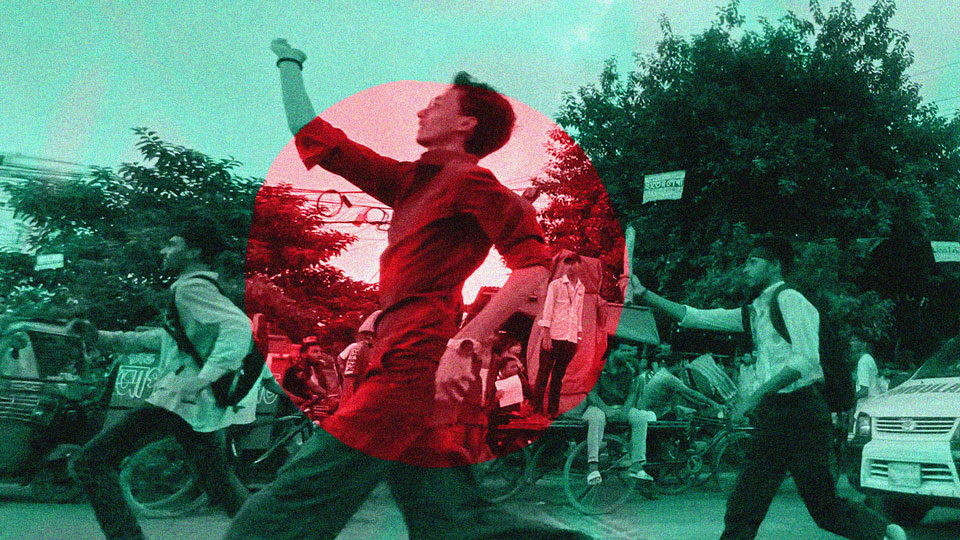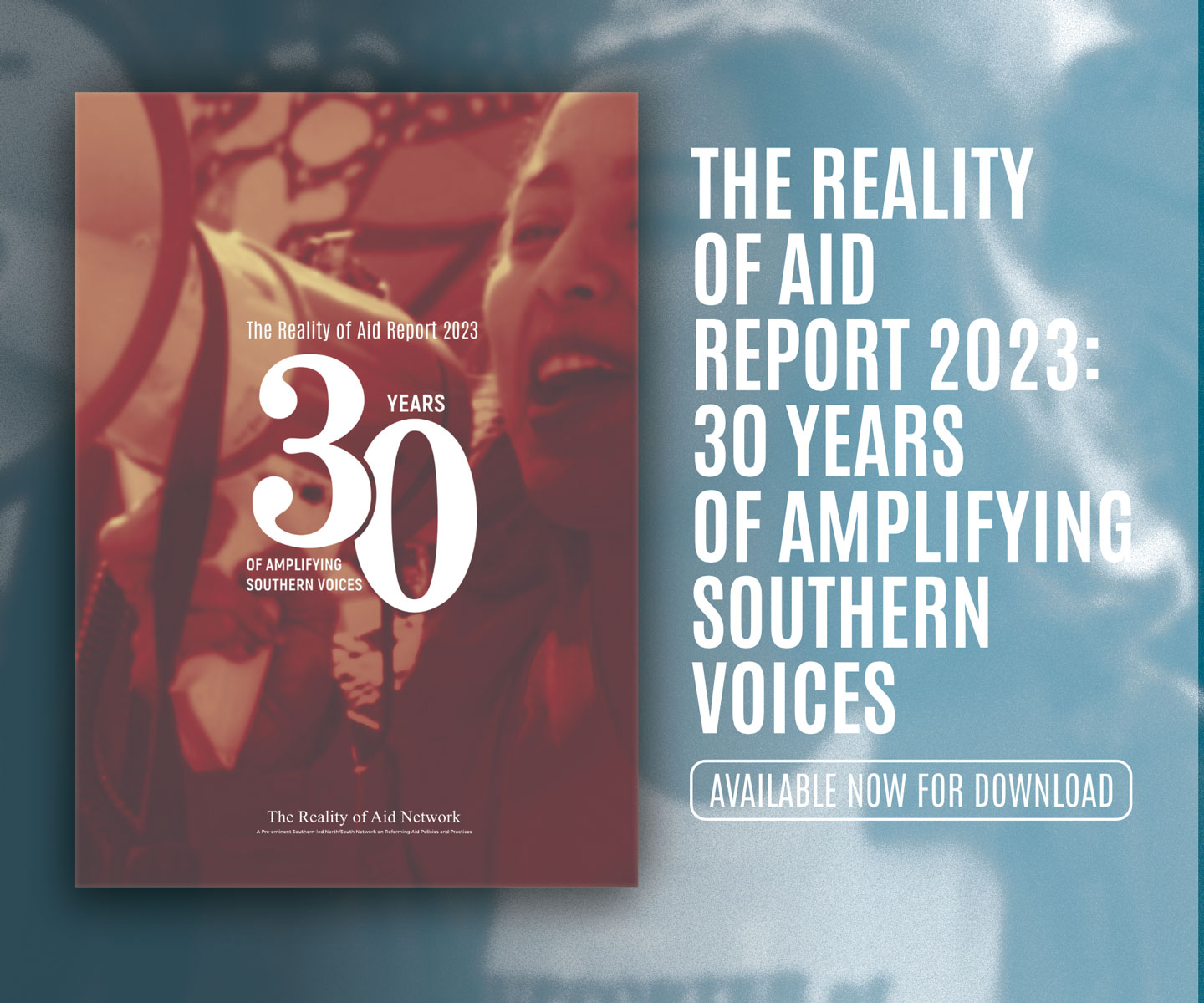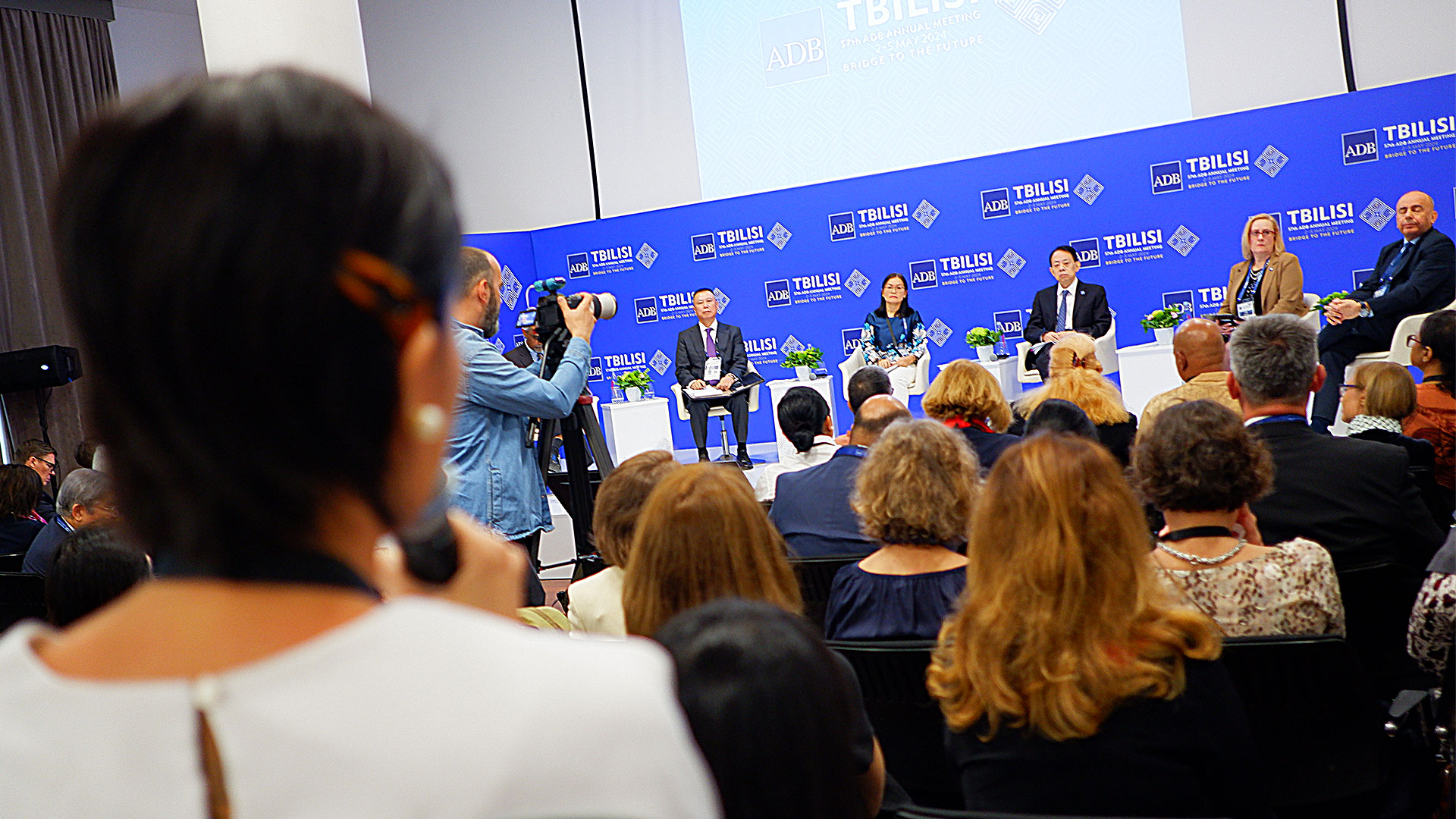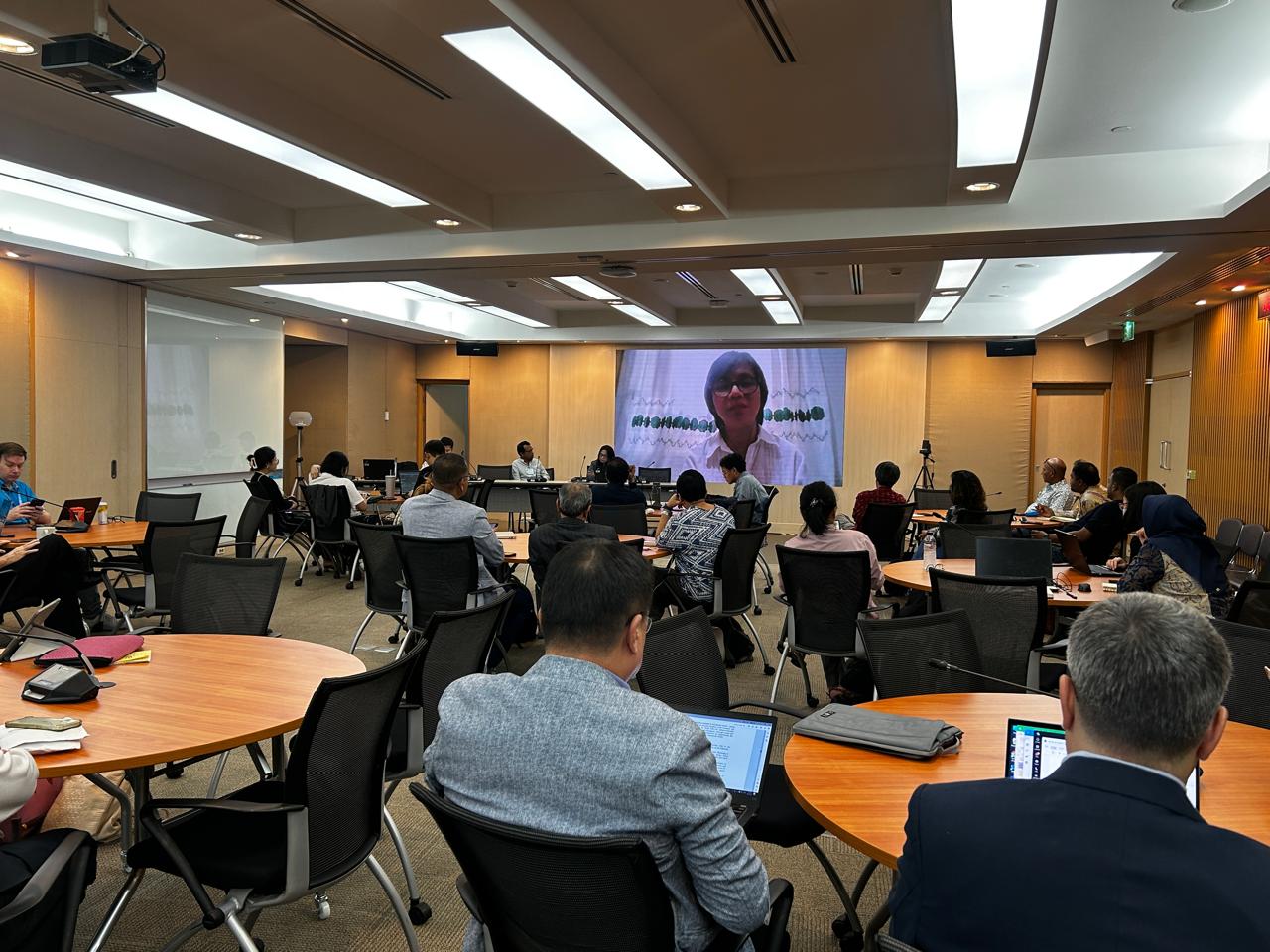News and Events
The past two weeks saw blood spilled along streets of Dhaka as Bangladeshi students and youth peacefully protested against the quota system for government jobs, only to be greeted with open fire from police forces in return. This government-imposed brutality led to a city-wide and nationwide crackdown on dissent, causing an internet blackout and curfew in an attempt to silence protesters, block communication channels among citizens, and divide public opinion on the national issue. Nearly
The intensifying global conflicts compel Asia Pacific countries to gear up their security forces. Existing instability and fragility in various contexts are further polarizing social and economic inequalities, as well as aggravating maldevelopment across poverty-stricken communities. Rising authoritarianism threatens democracy as leaders gradually resort to their military forces to curb dissent, quell rebellions, and remain in power. In a political perspective, the region itself has yet to face the worst of the already-worsening crises in
The 2023 Official Development Assistance (ODA) preliminary data reveal that numbers were majorly influenced by humanitarian aid, particularly aid to Ukraine. Civil society highlights how members of the Organization for Economic Cooperation and Development – Development Assistance Committee (OECD-DAC) prioritized domestic interests over international needs when allocating their foreign aid funding in 2023. The continuous geopoliticization of aid, as seen where USD 223.7 billion in ODA was spent primarily on aiding Ukraine and refugees living
On its 30th anniversary, The Reality of Aid Network (RoA) publishes its Reality of Aid Report 2023, marking 30 years of reporting back on aid and development and encapsulating key shifts in the global aid landscape. Thirty years have elapsed and yet the Global North continues to fall short on the 0.7% ODA target. Over this period, several trends have emerged in development cooperation, highlighting the involvement of the private sector, the geopoliticization of aid,
The Asian Development Bank’s 57th Annual Governor’s Meeting was held against the backdrop of protests in this year’s host country, Georgia, against the proposed “Russian Law” that will compel foreign-funded organizations to register as “foreign agents” and to disclose their funding; failure to do so may result to high fines. It was a critical crossroad for developing member countries, civil society organizations (CSOs), multilateral institutions, the private sector, and the bank itself to convene in
At the sidelines of the recently held 11th Asia Pacific Forum on Sustainable Development (APFSD), the Asia Pacific Regional CSO Engagement Mechanism (APRCEM) NGO Constituency organized a side-event, “A Localization Roadmap to Reach the Furthest Behind: How localization can contribute in achieving SDG 17 and the 2030 Agenda” last February 23, 2024. The side-event aimed to develop a roadmap for the localization agenda in the region, which can help advance people’s development priorities, address current
SITEMAP
Research and Publications
RoA Reports
CONTACT
Global Secretariat
3F 114 Timog Avenue
Quezon City, Philippines 1103
+63 2 8927 7060 to 62 loc 201, +63 02 7007 0249
secretariat@realityofaid.org
KEEP IN TOUCH
STAY UPDATED






